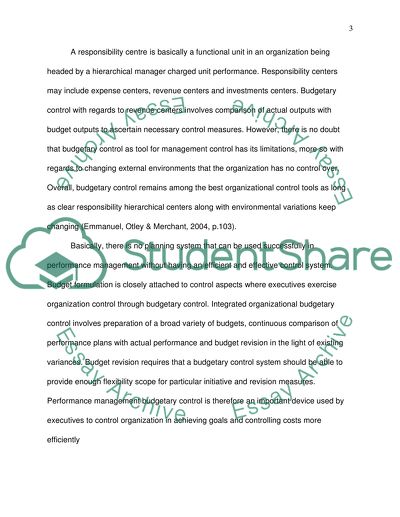Cite this document
(“Budgetary Control in Performance Management Essay”, n.d.)
Retrieved from https://studentshare.org/finance-accounting/1442869-the-use-of-budgetary-control-in-performance
Retrieved from https://studentshare.org/finance-accounting/1442869-the-use-of-budgetary-control-in-performance
(Budgetary Control in Performance Management Essay)
https://studentshare.org/finance-accounting/1442869-the-use-of-budgetary-control-in-performance.
https://studentshare.org/finance-accounting/1442869-the-use-of-budgetary-control-in-performance.
“Budgetary Control in Performance Management Essay”, n.d. https://studentshare.org/finance-accounting/1442869-the-use-of-budgetary-control-in-performance.


